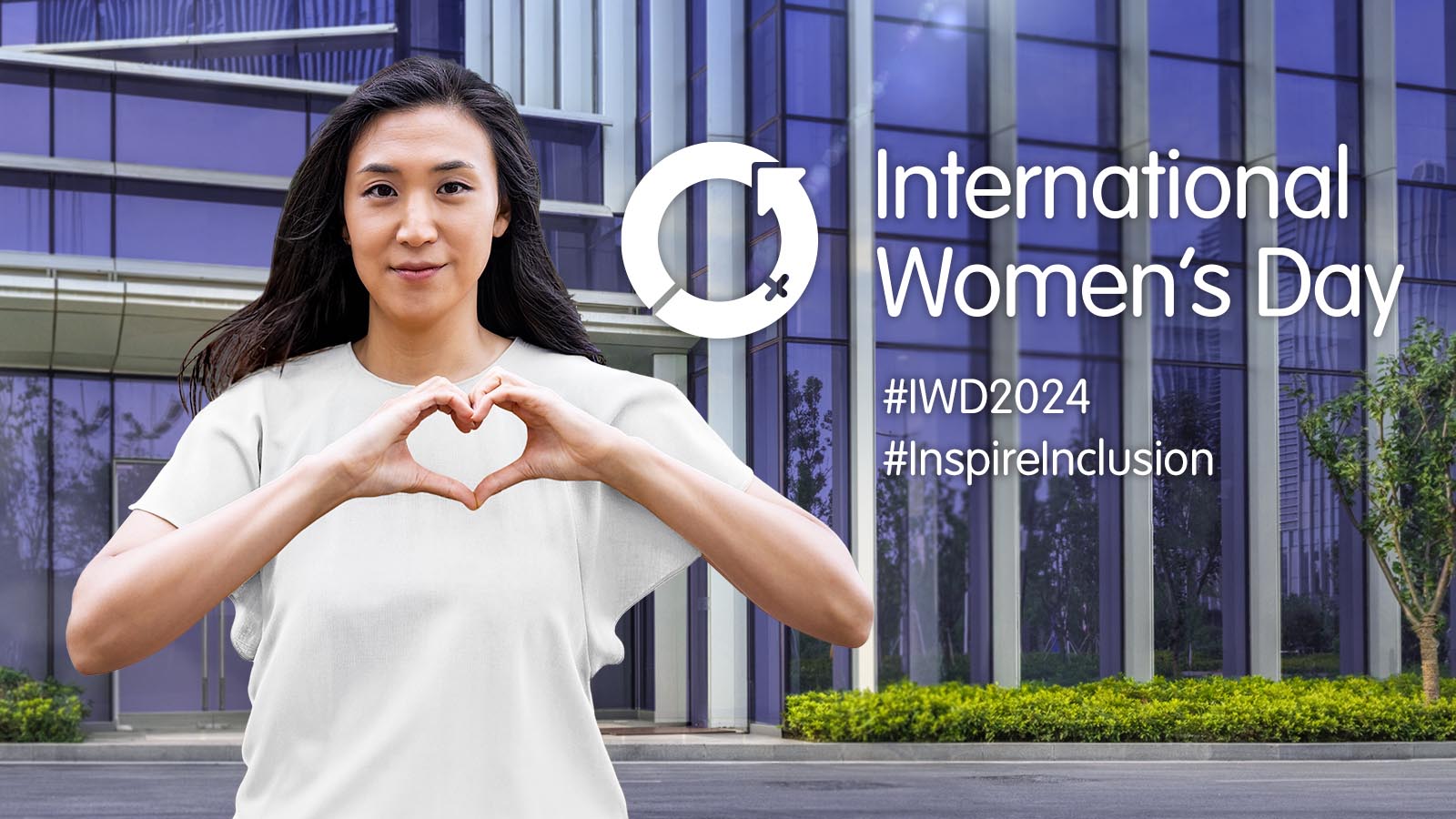Gender salary gap shrinks by five points in Andalucía but remains around 20%
International Women's Day, celebrated today (8 March), is a time to reflect on the pace of change towards equality locally and nationally
H. Barbotta / R. C. Pico
Seville / Madrid
Friday, 8 March 2024, 11:26
The salary gap between men and women in Andalucía has fallen by almost five percentage points in the last five years. The news came from the Andalusian regional minister for Equality, Loles López, ahead of International Women's Day which is celebrated today, 8 March.
According to data from the Junta de Andalucía, between 2019 and last year, the salary difference between genders went from 24.4 to 19.8 per cent.
López said there are 15.8% more women in work than in 2018 and 11.2% fewer women out of work. This, in her opinion, shows that progress is being made but there is still a long way to go to achieve equality.
The minister spoke in favour of "pushing aside ideologies that separate us and making equality an objective for all, involving both men and women in all areas of society".
López added that Andalucía will sign an agreement with the federation of municipalities (FAMP) to bring in measures towards a better work/live balance in Andalucía. According to López, a lack of shared responsibility prevents real and effective equality. Awareness campaigns will be aimed at schools and colleges as well as society in general.
National picture
Meanwhile, for Spain as a whole, an association recently went so far as to estimate just how long Spain will take to close its gender salary gap: 39 years.
At the end of February, ClosinGap published its fourth index drawn up with consultants PwC analysing 28 variables across industries, as well as the economic impact of the difference.
If total equality is 100%, Spain is currently at 64.9%, the report found. Change over the last decade has been positive, but slow. In 2015, the index was 60.1%. The analysis of this speed of change is what leads to the prediction that full equality will take the best part of four decades to reach.
